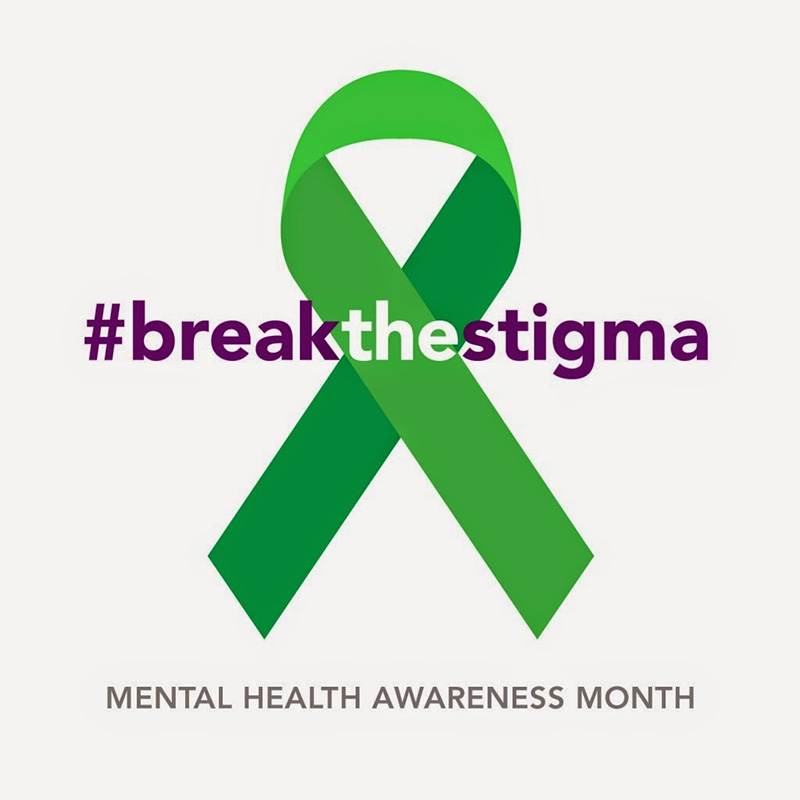What are anxiety disorders (ADs)?
Anxiety, in general terms, can cause people to try and avoid situations that trigger or worsen symptoms. In order to have an AD, the fear or anxiety must: be out of proportion to the situation, or age inappropriate. Anxiety can hinder the ability to function normally. All ADs have 3 different levels of intensity, similar to depression; Mild, Moderate, and Severe.
Types of AD:
Generalized AD (GAD): The patient will experience persistent and excessive worry that interferes with daily activities. Tension and worry may be accompanied by physical symptoms, such as restlessness, feeling on edge/easily fatigued, difficulty concentrating, muscle tension, and/or insomnia. The person’s worries focus on everyday things, such as job responsibilities, family health, and/or minor matters such as chores, car repairs, or appointments.
Panic Disorder (PD): The patient will experience recurrent panic attacks. During an attack, several of the following symptoms occur in combination:
- Palpitations
- Sweating
- Trembling and/or shaking
- Shortness of breath and/or smothering sensations
- Chest pain
- Dizzy/light-headed/faint
- Feeling of choking
- Numbness and/or tingling
- Chills, hot flashes, or both
- Nausea and/or abdominal pain
- Feeling detached
- Fear of losing control
- Fear of dying
Phobias: A phobia is excessive/persistent fear of an object, situation, or activity that isn’t generally harmful. These fears can cause such distress that some people go to extreme lengths to avoid what they fear. Ex., public speaking, fear of flying, or fear of spiders.
Agoraphobia: This is the fear of being in a situation where escape may be difficult or embarrassing, or help might not be available in the event of panic symptoms. The fear is out of proportion to the actual situation and generally lasts 6 months or longer and causes problems functioning. A patient will experience this fear in 2 or more of the following situations:
- Using public transportation
- Being in open spaces
- Being in enclosed spaces
- Standing in line/crowd of people
- Being outside their home alone
Social AD (SoAD): The individual has significant anxiety and discomfort about being embarrassed/humiliated/rejected/looked down on in social interactions. Common examples are the extreme fear of public speaking, meeting new people, or eating/drinking in public.
Separation AD (SeAD): The individual is excessively fearful or anxious about separating from those with whom they are attached to. They may be worried about losing the person closest to them, reluctant/refuse to go out, or sleeping away from home/without them and/or experience nightmares about separation.
Factors of ADs:
The causes of ADs are currently unknown, but likely involve a combination of factors including genetic, environmental, psychological, and developmental.
Diagnosis and Treatment
Firstly, before you consider getting treatment, see your doctor to ensure no physical problem causes the symptoms. If diagnosed with an AD, a mental health professional can work with you on finding the best treatment. Unfortunately, many people with ADs don’t seek help. They don’t realize they have an illness, and that there are treatments to help them.
Although ADs have unique characteristics, most respond well to 2 types of treatments: psychotherapy and medication. These can be taken alone or combined. Cognitive behavior therapy (CBT) can help a person learn a different way of thinking, reacting, and behaving to help them feel less anxious. The most commonly used medications are anti-anxiety medications and antidepressants. Beta-blockers (mainly used for heart conditions) are sometimes used to control the physical symptoms of anxiety.
Self-Help, Coping, and Managing:
It is important to also help yourself get through your crises. Stress management technology and medication can help. Support groups can provide an opportunity to share experiences and coping strategies. Learning more about the specifics of a disorder and helping family/friends understand the condition better is also helpful. Avoid caffeine, which can worsen symptoms, and check with your doctor about any medications.
Anxiety is NOT a natural feeling! Don’t be afraid or embarrassed to seek help! It will benefit you in the long-run!
Herkimer College Counseling Center
Personal counseling is available on campus. It is free and confidential. To make an appointment, call the Counseling Center at (315) 574-4034, email them at [email protected], or stop by the office located in CA 130.
Hotlines:
Emotional Support Helpline: 1-844-863-9314 (8AM-10PM, 7 days a week)
National Alliance on Mental Illness (NAMI): 1-800-950-6264 (10AM-6PM, Mon-Fri)
National Institute of Mental Health (NIMH): (866) 615-6464 (8:30AM-5PM, Mon-Fri)
Resources:
American Psychiatric Association: https://apafdn.org/
American Psychological Association: https://www.apa.org/topics
National Awareness on Mental Illness: https://www.nami.org/Home
Better Help Private Counselling: www.betterhelp.com
Mental Health America: www.mhanational.org
Psychology Today Locator: www.psychologytoday.com/us *hover over “Find a therapist” and choose what you want to locate*
Grouport Online Group Therapy: www.grouporttherapy.com
Source:
Muskin, Philip R. (2021, June). Anxiety Disorders. What are anxiety disorders? Retrieved October 5, 2021, from https://www.psychiatry.org/patients-families/anxiety-disorders/what-are-anxiety-disorders


 by
by 

